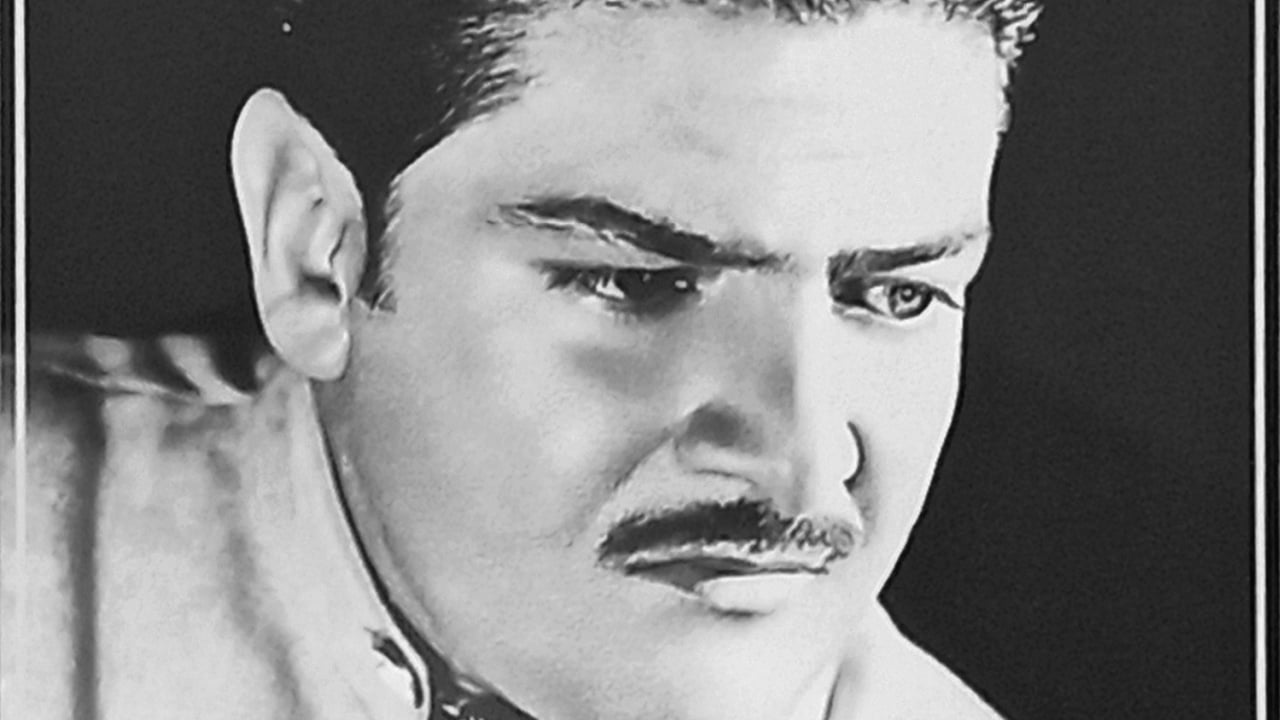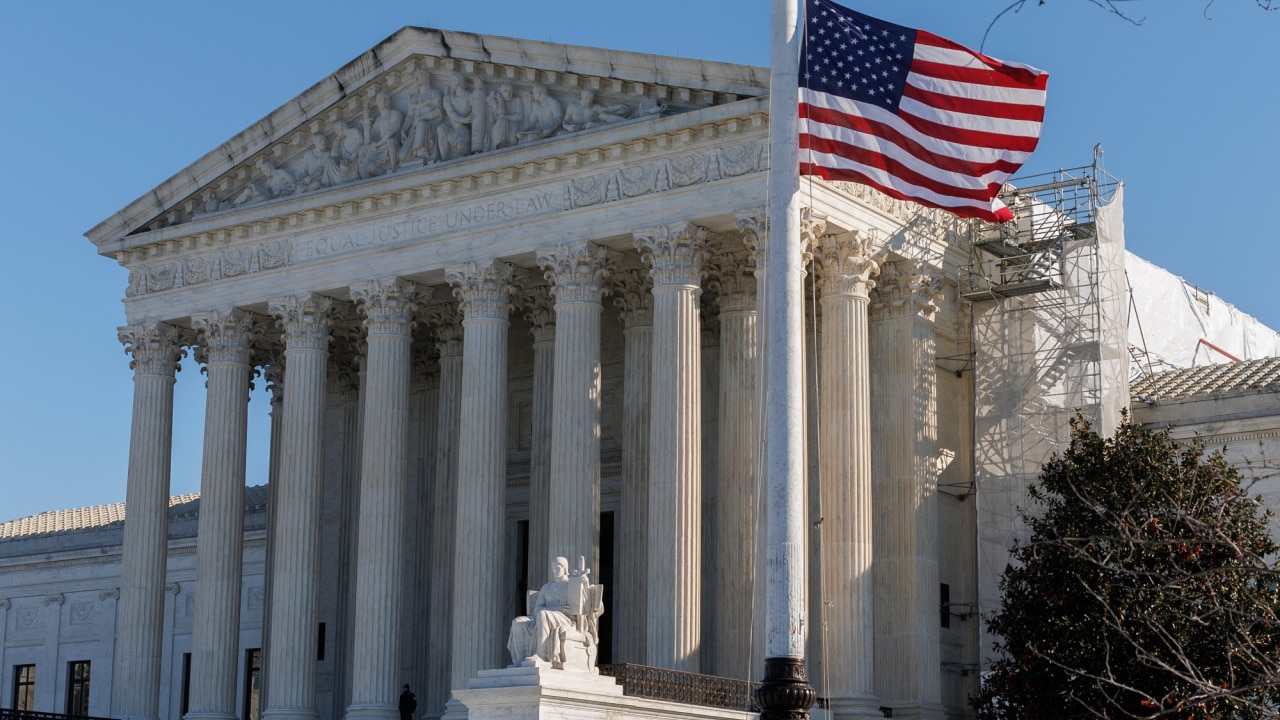California’s Lottery Bonus Laws Turned One Store Owner Into a Millionaire, But Not All States Are That Generous
After an anonymous person in California won an earth-shattering amount of money, more than $2 billion, news soon broke that the storeowner who sold him the ticket was himself a millionaire, and was awarded a $1 million dollar bonus from the state of California.
The store owner, a Syrian immigrant named Joe Chahayed who came to the US in 1980 and currently owns Joe’s Service Center in Altadena, sold the winning Powerball ticket to the currently unnamed winner and, because of California’s bonus law that awards the seller a half-percent commission capped at $1 million, Chahayed himself won big as a result.
Because the sum of $2 billion was so significant, as was Chahayed’s $1 million bonus, it got us thinking about how much storeowners are compensated in each state, mostly because there is no federal law defining the parameters of a lottery bonus, if the state even has one at all.
Chahayed definitely lucked out by not only selling the ticket but living in California while he did it, as states like Delaware, Iowa, and Kansas only offer a flat rate of $10,000 to the store that sells the winning ticket. However, if Chahayed lived in certain states including Virginia, Rhode Island, Oregon, Minnesota, and Connecticut — where storeowners are entitled to a 1% bonus with no cap — he would be walking home with more than $20 million dollars.
Chahayed should be counting his lucky stars that he didn’t sell the winning ticket in New York, Montana, or North Dakota, where there is no lottery bonus of any kind and leaves store owners empty-handed. That being said, if he sold the ticket in, say, Ohio (which offers up to 1.5% in bonuses), he could have been looking at upwards of $25 million dollars.
Still, a 7-figure payout is nothing to sneeze at. “I have 11 grandchildren and I have to share with them,” Chahayed said to reporters, according to CNN. “I encourage you to buy a ticket from this station. We guarantee you one day you’re going to be winners too.” Although Chahayed has made his identity public, the winner of the $2 billion jackpot has yet to reveal themselves.
In all but seven states, lottery winners are legally required to identify themselves publicly. There are states where certain loopholes involving private trusts can help maintain the winner’s anonymity, but California is not one of them. Although the winner, the first person to be made a billionaire by the California Lottery, has not yet come out publicly to claim their prize, a spokesperson named Carolyn Becker is eagerly awaiting their arrival.
“Somebody is holding on to a very important piece of paper this morning worth $2.04 billion, that’s two billion forty million dollars,” she said. “That person needs to keep it safe. We will not know who they are until they come forward, but we have a second record to talk about today and that’s California Lottery raised more money than ever thanks to one growing jackpot for California public schools.”




